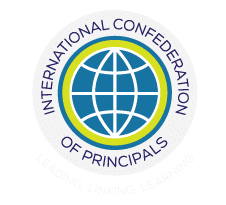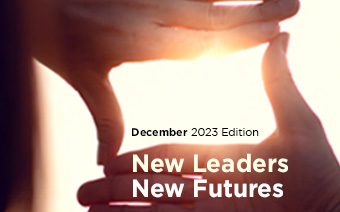The Stroke of a Brush Leads to Many Paths: An ARTternative Approach to Indigenous Education
Mr Tom Tyndall, Australia
ABOUT THE AUTHOR
Mr Tom Tyndall is Principal of Mabuiag Island State School, Torres Strait Islands District, Queensland, Australia. He can be contacted by email at the.principal@mabuislass.eq.edu.au.
Over the past 23 years I have been involved with Indigenous education in Australia. This involvement has resulted in extensive work with Australian Aboriginal and Torres Strait Islander students, teachers, teacher aides, colleagues and community members. Our past practices have failed these students. The practices of the past have involved a heavy emphasis on academic achievement in literacy and numeracy and a minimal achievement in other learning areas. A focus on what genuinely interests students can lead to the successful attainment of learning outcomes.
As an educator, I had been continually frustrated for many years with the lack of progress made by Indigenous students and/or their lack of interest in what we were offering them.
The majority of our approaches had been centrally driven, i.e., the syllabus had been provided without a thought for local needs. A new approach was needed that would involve students’ needs, parental involvement and approval – and yet still meet systemic requirements. This is a big ask of any educator. However, it is what we are faced with today.
The Journey Begins
In 1999 I introduced an approach to learning, which I termed the ‘ARTernative’ approach to education. This approach was introduced at Thursday Island through close consultation with an indigenous colleague, students, parents, community members and the current principal. The approach is based on the notion that students bring to school innate skills – these skills are waiting to be developed, challenged and intensified. Many of the indigenous students at this school had an innate curiosity about the Arts. This was the beginning of what still exists today at that school.
By tapping into the already existing skills and curiosities surrounding the visual arts, we were able to set a course that was based around the visual arts. This Key Learning Area became the jump-off point. It stifled ‘One Stop Thinking’. All of the additional learning followed from the starting point of art. These EFL students were able to express themselves in an uninhibited manner through the stroke of a brush or the manipulation of pastels. I acknowledge the impact of Wendy Allen (Queensland) and her ‘Running on Rainbows’ program – this provided us with further techniques to explore.
A Typical Unit of Work
The students wanted to learn about seasons of the year – it was at the end of the wet season and plants were starting to fall and lose their green colouring. We gathered these leaves – we drew them; we painted them; and we did Maths exercises about them. Then the divergent thinking and learning began. A student asked: ‘Why do leaves fall to the ground?’. In focus groups we examined this question (as we did with all questions). Some students suggested that the leaves were tired, others suggested that the wind blew them off the trees and another student said: ‘It could be gravity’.
This remark lead to focus groups using the Internet to explore the meaning of gravity. This resulted in the students becoming interested in the work of Sir Isaac Newton and then onto other scientists. They became familiar with the work of Albert Einstein – so much so that his photo from the Internet was stuck up around the room. Learning was integrated, using a constructivist approach and, at the same time, we gained great results with our students. I am continuing with this approach at Mabuiag Island State School. We still work with Wendy Allen but are also using drama and cultural practices as a focus for our learning. The Arts have so much to offer all students – we should perhaps be looking at the Arts across the curriculum in all schools.
References:
- Allen, Wendy. ‘Running on Rainbows’, Running on Rainbows Pty Ltd; Phone/Fax: Int. + 61 7 3396 1515 or see website: https://www.runningonrainbows.com/. Tyndall, Tom. ARTernative Education, Education Queensland, 1999.



